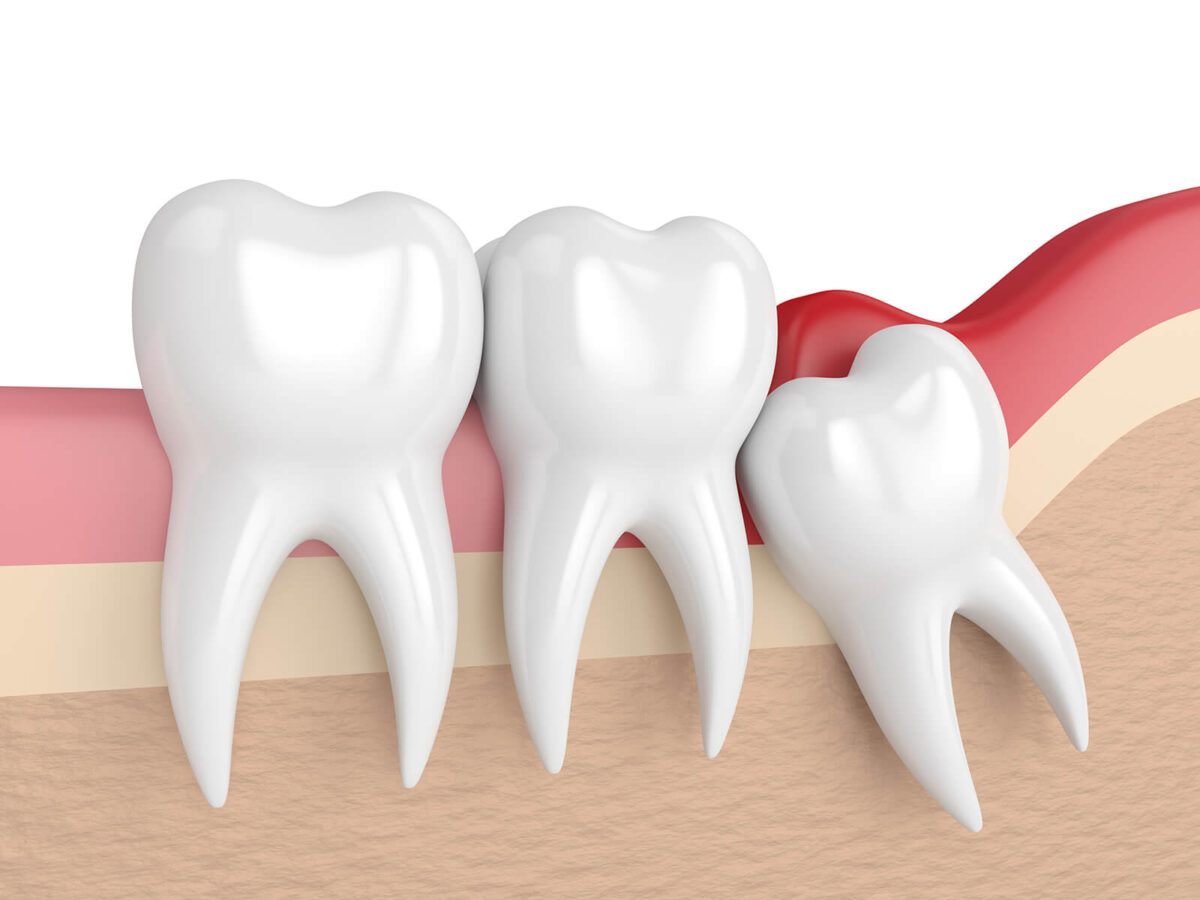Blog
Dental hygiene tips for healthy teeth & gums

Is Your Wisdom Tooth Extraction Site Infected?
The main goals of wisdom teeth extraction, a common dentistry procedure, are to relieve pain, stop problems before they happen, and improve oral health. There is a chance of getting an infection at the extraction site, but most extractions heal without any issues.
To get care quickly and avoid more problems, it is important to know how to spot the signs of an infection. Find out how to spot an infection at the site of a wisdom tooth surgery and what to do if you think you have one if diagnosed by a Victoria Family Dentist.
What To Look For If You Have An Infection
Persistent Pain
When you remove your wisdom teeth, you may feel pain and swelling. But if the pain and stiffness don’t go away or worsen after a few days, you might have an infection. Pain that starts in one place can spread to other body parts, like the ear or neck.
Foul Taste
If you suddenly taste or smell something bad in your mouth, especially near where the tooth was pulled, it could mean you have an infection. Some say this smell comes from the extraction site and smells like rotten eggs or pus.
Fever and Cold
Feeling cold and having a fever: your body is trying to protect itself from getting an infection when it starts to shiver and sweat. If your temperature goes above 100.4°F (38°C), you should immediately undergo a dental examination.
Opening Mouth
If you have a severe infection, swelling and redness at the extraction site may make it hard to move your jaw, which can make opening your whole mouth. To treat this condition, known as trismus, the person must see an oral surgeon or dentist immediately.
Redness and Warmth
If there is redness, warmth, or swelling around the extraction site, it could mean that there is an infection. Victoria Family Dentist suggests that these signs may be accompanied by tenderness or pain when touching the area.
Checklist of Things to Do If You Think You Might Have an Infection
Get Oral Surgery
If you have any of the above signs of an infection, you must see your Victoria Family Dentist or oral surgeon immediately. After looking at the extraction site, they may suggest medicines to keep it from getting infected.
Good Oral Hygiene
To clean your teeth while waiting for treatment, lightly brush the area around the extraction site and rinse your mouth several times daily with warm saltwater. This might help eliminate germs in your mouth if you’re in pain or have bad breath.
Don’t Drink or Smoke
Using tobacco and alcoholic drinks slows down the mending process and makes it more likely that you will get an infection or have other problems. Do not smoke or drink alcohol until the extraction site is fully healed.
Listen to Your Dentist
Talk to your doctor about how to take care of the area where the tooth was extracted and deal with any pain or swelling. It is very important to follow these steps precisely to speed up the healing process and avoid more problems.
Conclusion
Removing your wisdom teeth is a common procedure that sometimes comes with risks. However, it’s important to know that infections can happen and cause problems if they aren’t treated. You must learn to spot the signs of an illness to get better and keep your teeth healthy.
Get medical help immediately from a Victoria Family Dentist. Following the dentist’s instructions for care after extraction and calling them if you have an infection can help you avoid problems and heal faster.


